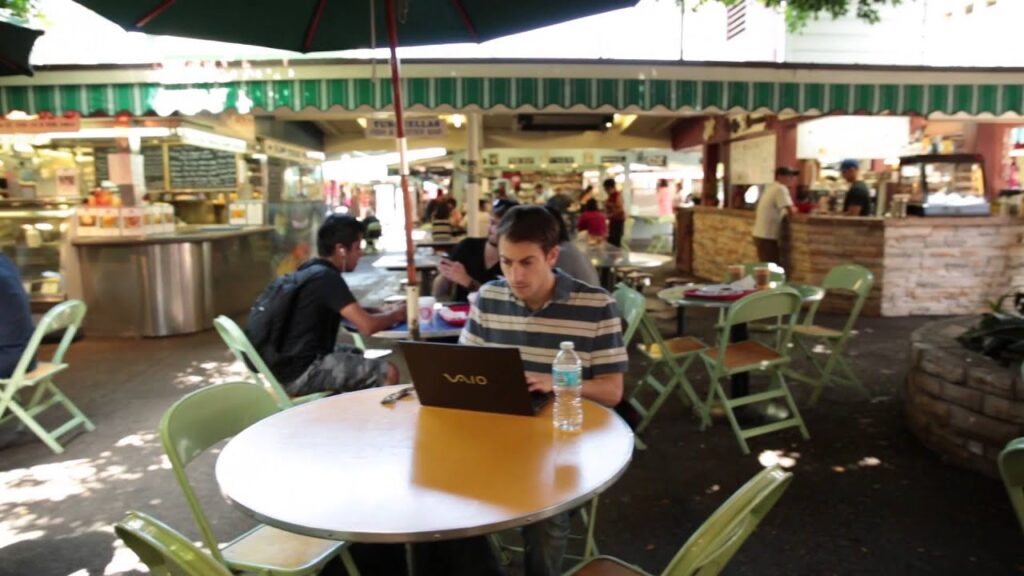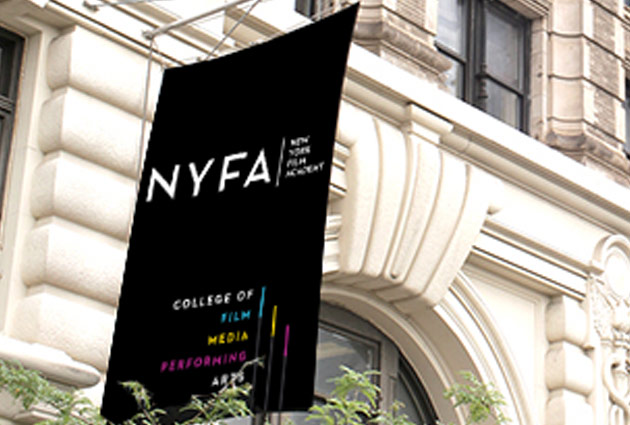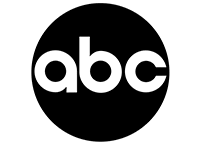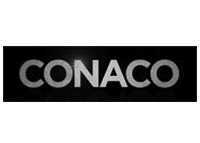At the New York Film Academy’s film school, faculty members and curriculum are focused on providing students with the real world know-how to help them achieve their goals. These achievements are the result of their hard work, perseverance, talent and circumstances. Below are some of the positions and networks in which our alumni have worked:
Learn How to Write a Script at NYFA
In NYFA’s screenwriting workshops, aspiring screenwriters bring their story ideas to fruition. During these project-based programs, students may develop, write, and revise their concept into a compelling script, following the same process as professional screenwriters.
Through coursework and daily practice, students can build confidence in their writing, learning how to follow classic screenplay structure while applying strong character arcs, theme, conflict, flashbacks, subtext, style, and tone to their work. The amount of projects completed relies on the length of the program.
NYFA offers a range of in-person and online programs. Students may choose from full-time and part-time evening workshops. During the workshops, students able to obtain a discounted download code of Final Draft software from the Bursar.
Screenwriting
Workshops
In this part-time workshop, aspiring screenwriters can work and study like a professional in a creative and focused environment. Students create and write the first draft of a feature-length screenplay, and will learn how to edit, rewrite, and apply creative feedback through in-class exercises and collaborative workshop sessions.
Learn More
This part-time workshop allows students to study the nature of comedy and joke structure. Throughout the course, students will learn how to punch up scenes and add humor to their scripts. The workshop covers setups and punchlines, character-driven comedy, situational comedy, improv, and sketch comedy. Students will write and deliver a final comedic script.
Learn More
NYFA’s part-time evening television writing workshop teaches the fundamental concepts and techniques for writing for television. Students will focus on concepts such as story, structure, character, conflict, story engines, and dialogue, culminating with the creation of a final script for a comedy sketch, monologue, or funny short film.
Learn More
During our part-time comic book writing workshop, students are introduced to comic book writing, learning the various styles of formatting and story structure, and exploring how to tell a story visually and pace it. The goal of the workshop is for students to collaborate and develop a project from pitch to proposal, bringing their work from outline to breakdown to completed script.
Learn More
This full-time workshop is designed for screenwriters who wish to develop their story idea into a feature-length screenplay. Students will learn fundamental writing skills and techniques, crafting their own feature-length screenplay of 90-120 pages. To meet the workshop goal, the first draft of an original screenplay, students need to allocate daily and weekend hours for writing.
Learn More
Students spend the majority of their time writing in this full-time workshop, focusing on essential screenwriting concepts such as story, structure, character, conflict, story engines, and dialogue. Throughout the program, students work towards writing a pilot script, coming up with original episode ideas, and using their concepts to develop an idea for an original series, then, a series proposal.
Learn More
Online Screenwriting Workshops
In the 15-Week Online Screenplay Story & Structure Workshop, students learn the basic tools and format of screenwriting, then plot a feature film idea, create a treatment to break into a detailed beat sheet, and start to work on their script. This program is a project-based and intensive course, and designed for aspiring screenwriters who want to strengthen their narrative storytelling skills.
Learn More
In the 15-Week Online Screenplay Workshop, students can develop and complete their feature film screenplay, working in a live, interactive creative environment. To attend this workshop, students must have completed our 15-Week Online Screenplay Story & Structure Workshop prerequisite or submit a full-length treatment and beat sheet with their application.
Learn More
The 15-Week Online Writing for TV Spec Workshop teaches students how to write a spec script. By studying half-hour and hour-long television series, students learn the basics of television structure and format and how to examine and analyze the structure and story engine for shows already on the air.
Learn More
In the 15-Week Online Television Pilot Workshop, students already familiar with television format and structure will learn how to write a television pilot. To attend, students must have completed our 15-Week Online Television Spec Workshop or submit a formatted TV script with their application.
Learn More
In the 15-Week Online Screenplay & Television Rewrite Workshop, students learn the tools of revising and rewriting either a screenplay or television pilot teleplay and series proposal – one they’ve written before this class or one that was written in either our Online Screenplay Workshop or one of our Online Television Workshops.
Learn More
In the 15-Week Online Writing For Comic Books Workshop, students learn how to write a comic book. Many students complete this workshop with a proposal for a graphic novel, manga, or comic book series, and the script for the first issue or chapter of that project.
Learn More
The 4-Week Online Screenwriting – Story And Structure Workshop provides students with the essential building blocks of story – structure, character, dialog, and industry-standard formatting. Students apply their knowledge from the Elements of Screenwriting course and create their own treatment for a feature-length screenplay.
Learn More
In the 4-Week Online Screenwriting – Television Pilot Workshop, students complete the program with a Completed Series Proposal, a Pilot Beat Sheet, and a written Teaser for their Pilot. No prerequisites or prior experience is required to attend.
Learn More
Campuses
Please note: Equipment, curriculum, and projects are subject to change and may vary depending on location. Students should consult the most recently published campus catalog for the most up-to-date curriculum.












